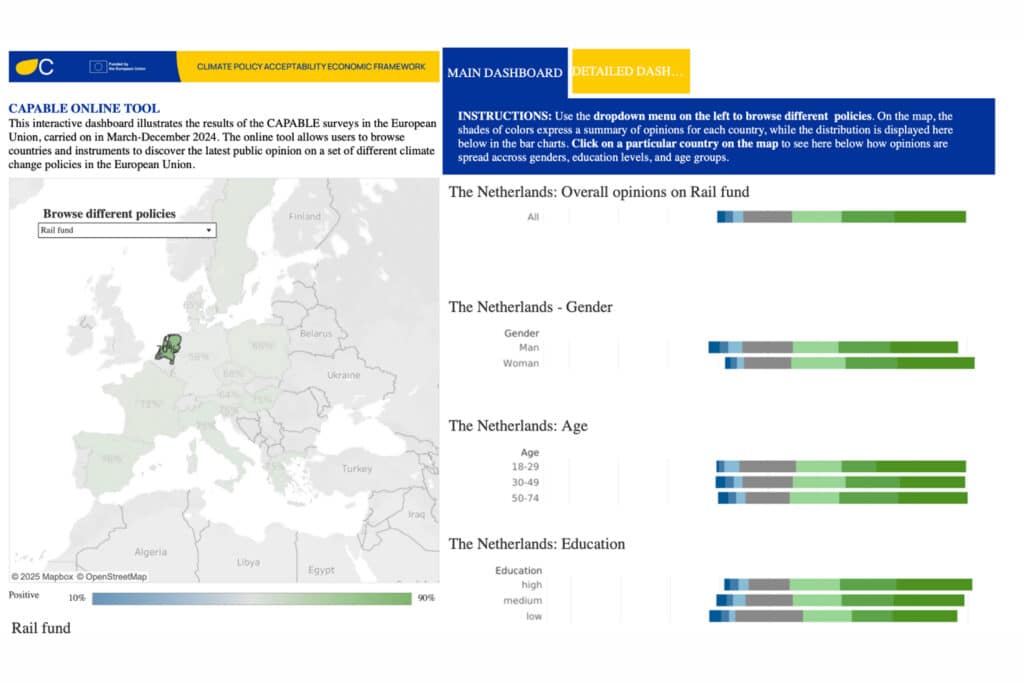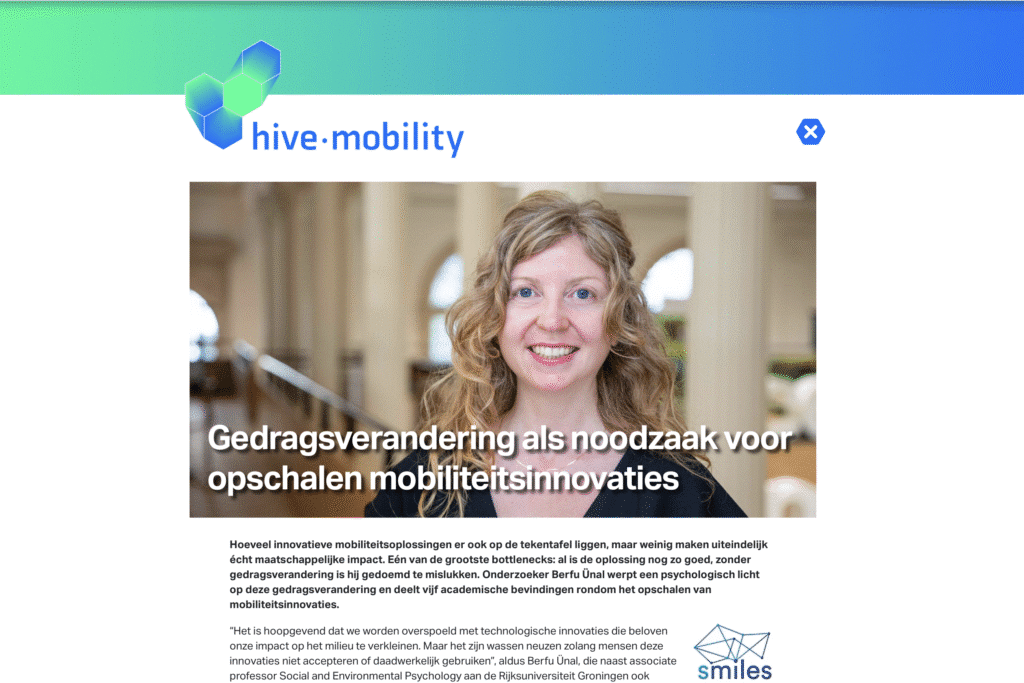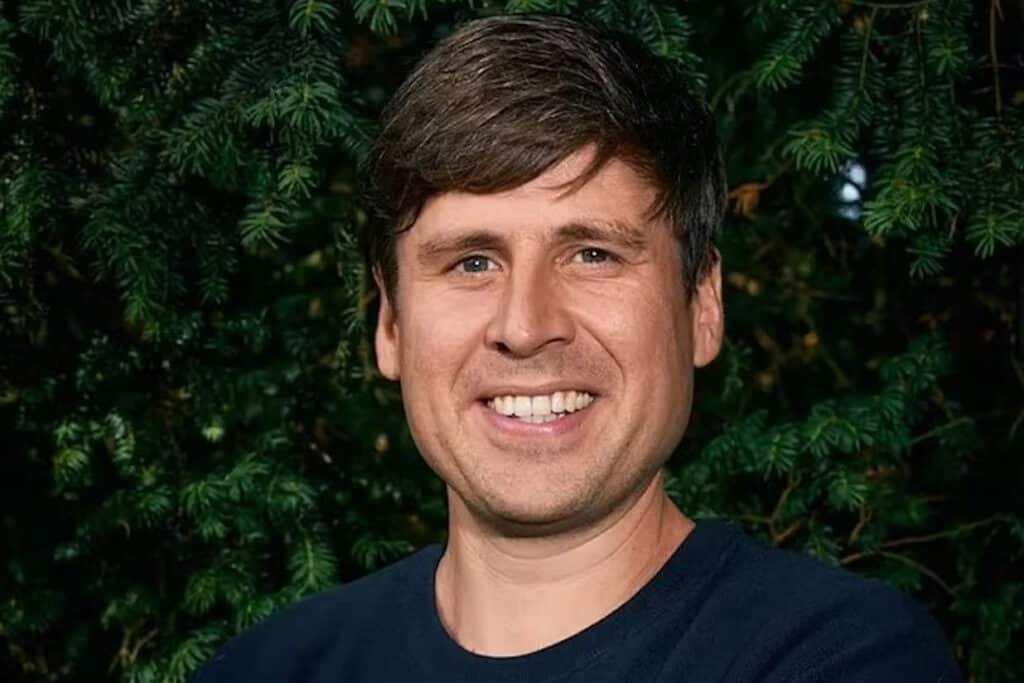Read our latest blog posts

“The people at home want solutions”: most voters support strong climate policy
Political party leaders often claim their plans and policies represent what “the people" want, or at least reflect the opinion of the majority of their voters. Yet our colleagues professor Goda Perlaviciute, associate professor Thijs Bouman, and post doc Žan Mlakar say there is one topic that most voters support that politicians rarely campaign on: stronger climate policy.
Featured blog posts

“The people at home want solutions”: most voters support strong climate policy
Political party leaders often claim their plans and policies represent what “the people" want, or at least reflect the opinion of the majority of their voters. Yet our colleagues professor Goda Perlaviciute, associate professor Thijs Bouman, and post doc Žan Mlakar say there is one topic that most voters support that politicians rarely campaign on: stronger climate policy.

CAPABLE: new online tool shows which climate policies EU citizens like – and which ones they don’t
Europeans strongly prefer policies which allocate subsidies for rail transport or home insulation for instance, while they strongly oppose the ones which foresee any kind of tax on polluting behaviours, like cars and meat.

Behavioural change is necessary for scaling up mobility innovations
"It is encouraging that we are inundated with so many technological innovations that promise to reduce our impact on the environment. But they are meaningless if people don’t actually accept and ultimately use these innovations."

6.8 million euros for research on collective power of citizens in social transitions
A broad consortium of scientific and social organizations, including the Dutch national government, universities, municipalities, and funding parties, will collaborate in the coming years on the research project Empowering Citizen Collectives in Societal Transitions (ECCO).

Can watching a movie make us into Antarctic ambassadors?
Is travelling to the ends of the Earth the only way to inspire people to become Arctic ambassadors? Or could immersive technologies like virtual reality - or even just watching a beautiful nature documentary - spark that same level of passion and motivation to take real action?

Do good out loud
The words we use, who we say them to, and how often we say them can be a form of climate action unto themselves. Even if all we are doing is expressing our concern about climate change, and our desire to avoid making it worse, that is already paving the way for others to see that they are not alone.

Research in tandem: dual degree master in sustainability and environmental psychology
Since 2021, the Environmental Psychology research group at University of Groningen and the Institute of Sustainable Psychology at Leuphana University have worked together to offer a Double Degree Master (DDM) in Sustainability and Environmental Psychology.

Recent research recap: Climate Action on Twitter (now X) during COP26
Discussion about citizens and local communities demonstrates hope and solidarity in enacting pro-environmental changes from the bottom up, signaling strong public demand for ambitious climate policies and actions.






